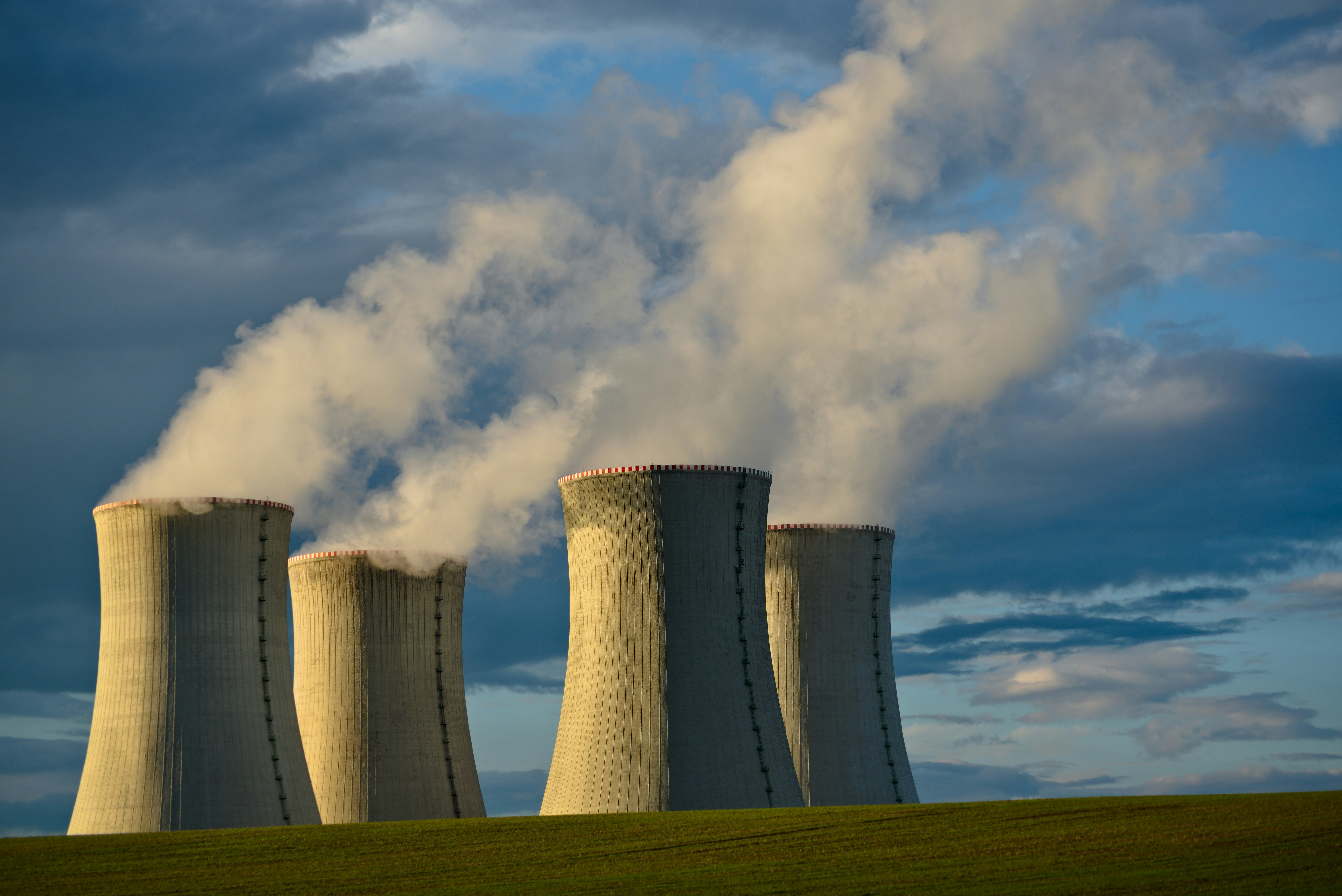
Image source - Lukáš Lehotský
This article was originally published on Feb 20, 2025
The words ‘nuclear power’ are often associated with frenzied images of reactors on fire, ecological destruction and the horrors of radiation. When we look at the incidents in Chernobyl and Fukushima, as well as the threat around Zaporizhzhia, this fear of nuclear energy is not entirely unwarranted. But the 21st century will not allow for hesitation. With regional conflicts underway, trade wars, energy crises and the ever-looming threat of climate change, the time for radical action is now.
Unfortunately, the implications and myths around nuclear power have convinced many that it should never be implemented. Even the UK’s own Green Party in their 2024 manifesto condemned nuclear power as “unsafe and much more expensive than renewables”. There is also, as always, the link between nuclear energy and nuclear weapons.
These preoccupations are rational and fair. Nuclear has its risks and its economic drawbacks, but surely the greater risk would be to ignore a potentially vast source of energy. Splitting the atom will not be a blanket solution to all our woes, but to rule it out entirely is immature and shortsighted.
Greens for Nuclear Power, a UK-based group which advocates for nuclear energy, seeks to change the UK Greens official policy on nuclear energy. They accuse Greens who are vehemently anti-nuclear of looking for an easy way out, of neglecting the opportunities that nuclear energy has to offer. According to their website, the best example of wind energy – Hornsea Project One, the largest windfarm in the world – would have a capacity of 1218 MW, for its 40,700 hectares. By contrast, the nuclear power station at Hinkley Point C, which is a mere 175 hectares, will produce 3260 MW: “the very best example of wind power requires a footprint 629 times the size taken by a nuclear plant to produce the same amount of electricity”.
By reducing the amount of land turned over to windfarms or solar panels, we could return more of our islands to Mother Nature, with rewilding projects, national parks and reserves. More land for the Britons to enjoy the landscape and their environment. Food for thought, certainly.
Germany has provided us with a helpful lesson in renewable energies and national self-sufficiency. After the Fukushima incident, the German government once again began to shut down its reactors, with the aim of phasing all its nuclear power stations out by 2022. The then Chancellor of Germany, Angela Merkel, promised that Germany would find alternative sources of energy. All well and good.
But the gods of geopolitics are fickle, and the 2011 government of Germany could not have foreseen – or simply failed to foresee – the 2022 Russian Invasion of Ukraine. With the gas and oil links between Russia and Europe under threat, the German government were forced to backtrack, delaying the closure of the stations until 2023. Just as Europe entered into another period of conflict with Russia, Germany found itself unprepared and overly reliant on Russian oil.
As the neoliberal, globalised world that has been prevalent over the last 30 years comes to an end, the ability for nation-states to be self-sufficient will be a growing concern. Look to the New World, where Trump has promised to ‘drill, baby, drill’ in order to secure the US’ energy supply. This backlash to green energy can, and will, happen here in the UK if environmentally-conscious politicians are not careful.
And there are signs that the atomic message is gaining some traction. In a rare display of (seemingly) competent politics, Keir Starmer recently announced an expansion to the UK’s nuclear power network, in order to better facilitate Artificial Intelligence datacentres across the country. Whilst AI and its dangers are a topic for another article, at least we can see that nuclear power is being the consideration it is due.
With the opportunities presented by Nuclear Power in mind, which can be utilised alongside new developments in renewables, the near future does not have to be the bleak, hostile place we currently envision it to be. Let’s be Green Futurists – imagining a future of pedestrian-friendly, green cities as well as clean rivers and autarkic communities. Whilst of course nuclear power is not the solution to all our civilisation’s ills – the need for renewables is ever present - it certainly is a good place to start. Gen Z needs a vision of the future that is radical, visionary and bold. That is, if we want to avoid going the way of the Mayans and Egypt’s Old Kingdom. The Green Party would be wise to take nuclear power seriously, if they want to represent a coherent opposition both to Starmer’s milquetoast regime and the rising Reform Party.